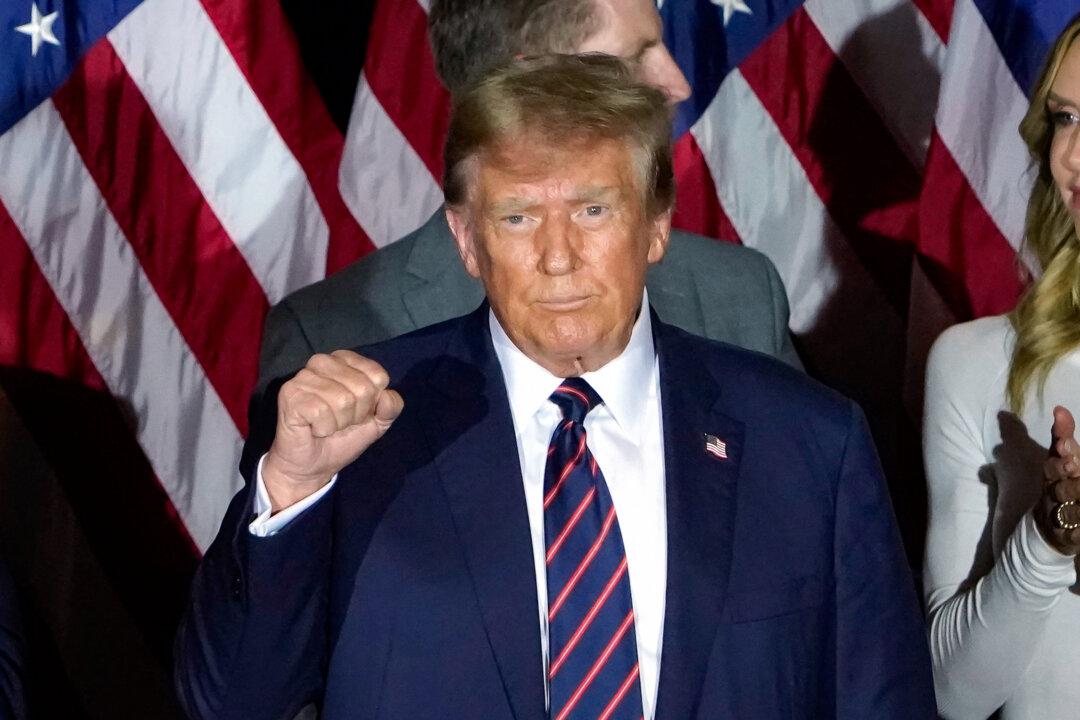Attorneys for former President Donald Trump requested the adjournment of pre-trial deadlines as they prepare to file several motions to dismiss the case that arose out of the FBI raid on his Mar-a-Lago resort.
Last year, President Trump was charged with 40 counts related to allegedly mishandling classified documents. He has maintained that he did nothing wrong and is protected by the Presidential Records Act.





